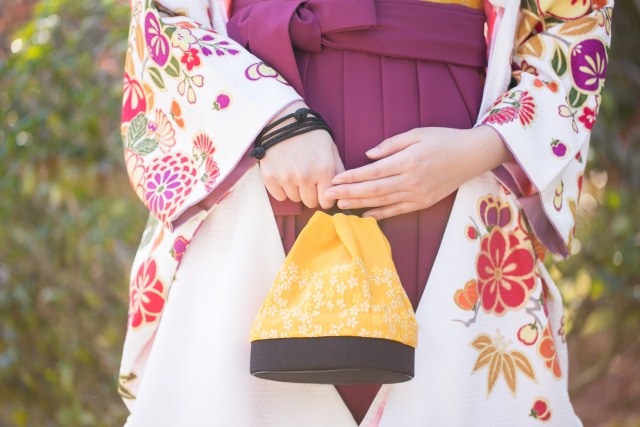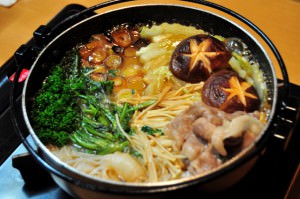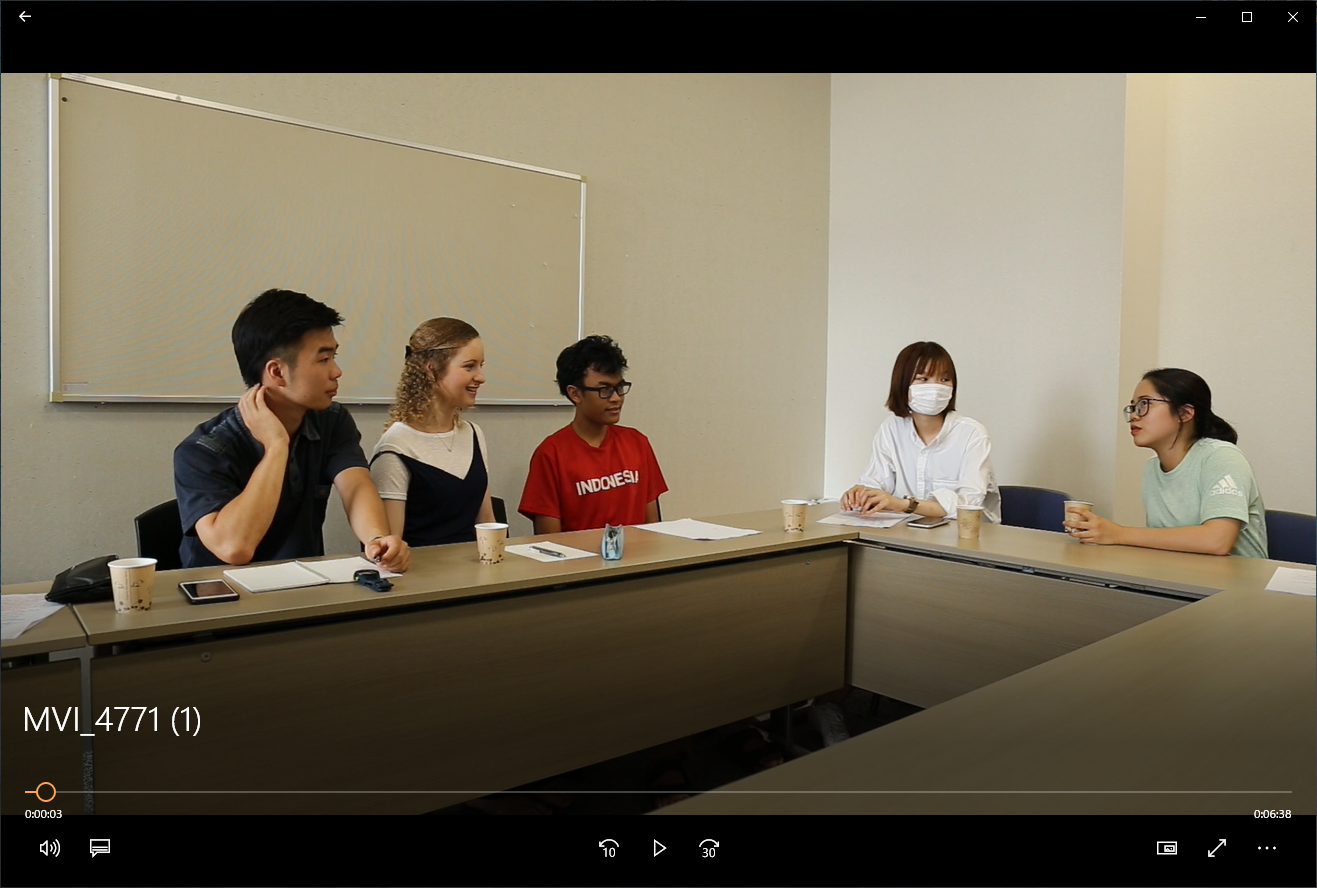Mười lăm cách tiết kiệm tiền ở Nhật
2016.09.01

It’s true, the cost of living in Japan may be quite a bit higher than in your country. But that doesn’t mean you have to go broke. It also doesn’t mean you have to miss out on some of the things that a study abroad experience in Kyoto can offer!
Cash-Based Society
Unlike many countries, where cards have become extremely popular in recent years, Japan is a cash-based society. It’s a good idea to carry a bit of cash with you in general. Foreign bank accounts can often most reliably be accessed, somewhat surprisingly, via Japan Post ATMs—that’s right, the post office. Just be aware that ATMs in Japan often have service hours, and may close down in the evenings, and on national holidays.
General Shopping & Food
If you live with a host family, you may not have to do much cooking, but if you live in a dorm or a share house, cooking can be a great way to both try your hand at local cuisine, and save some money as well. Certainly, you’ll want to eat out sometimes as well—this is Kyoto!—but for the sake of your wallet, it’s a good idea to practice a few dishes at home, too. This doesn’t have to be hum-drum, either, though: get together with your friends for a nabe (Japanese hot pot) or takoyaki (fried octopus balls) party!
When you do shop at the supermarket, be aware that there are ways to adjust your shopping to save money, too. Prices may vary by store brand: try visiting discounted supermarkets, like Gyomu Super (業務スーパー). Some supermarkets may also have days of the week on which products are discounted heavily. Shopping hours will also make a difference: coming in to the store later in the evening may mean slightly less selection, but many items also go on sale in the evening as the store tries to sell them before closing time.
But what about non-food items? If you want to go shopping without breaking the bank, try Uniqlo and GU for clothing, and Nitori for home items and furniture. Many other items can be found in 100 yen shops (or even 300 yen shops, such as “3 Coins”).
Also remember that in Japan, point cards are your friend. Many stores offer them, and they can be wise to use if you visit a store frequently. Points can add up to real discounts!













